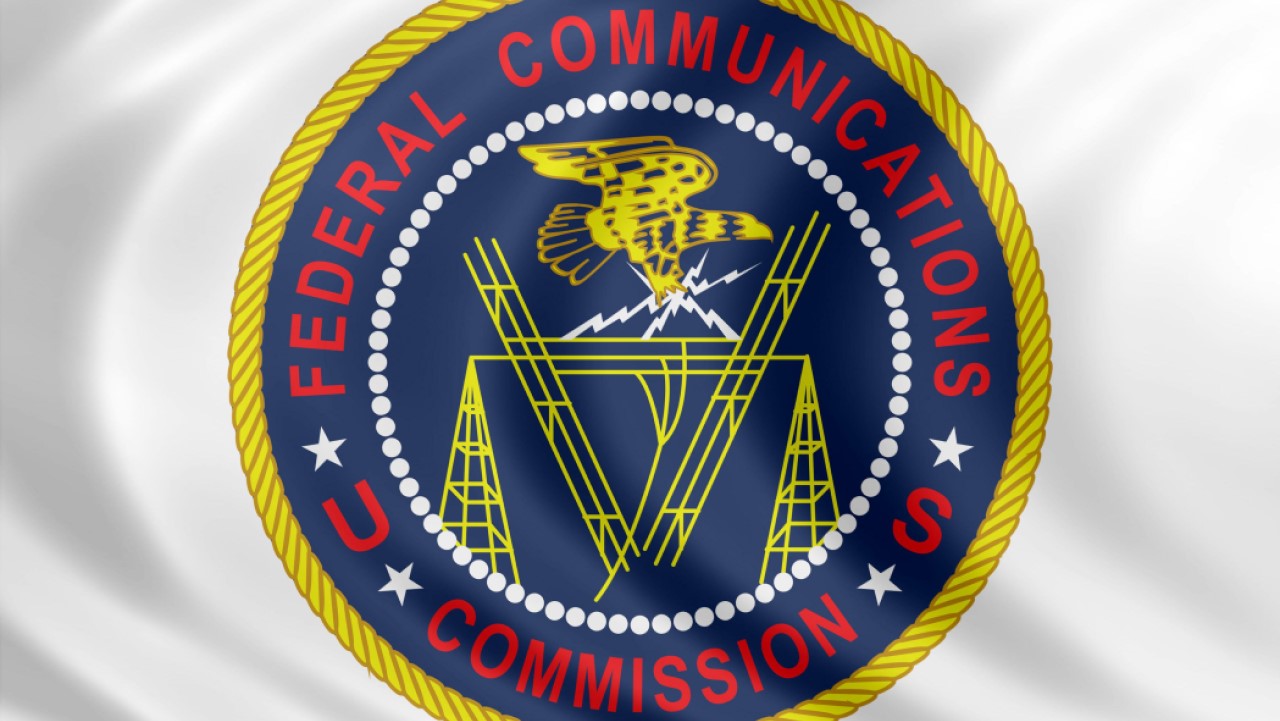FCC’s Universal Service Fund Fee Ruled Illegal Tax, in Blow to Telecom-Access-for-All
The ruling could be taken to the U.S. Supreme Court for reversal of lower court decision. USF provides $8 billion a year to fund service access to healthcare, rural areas, low-income households, and schools.
July 26, 2024

In a move that would deprive ISPs and low-income households assistance efforts of $8 billion a year in funding, an appeals court ruled that the Federal Communications Commission’s Universal Service Fund (USF) fee on phone bills is unconstitutional.
The Universal Service concept was created under the Communications Act of 1934. Expanded in The Telecommunications Act of 1996, the USF program is specifically focused on increasing access to evolving services for consumers living in rural and insular areas, and for consumers with low incomes. Additional principles called for increased access to high-speed Internet in the nation’s schools, libraries, and rural healthcare facilities.
The ruling against the FCC was issued by the US Court of Appeals for the 5th Circuit which ruled the USF a “misbegotten tax.”
If the ruling is not overturned – in an expected US Supreme Court decision – consumers may not see a much-needed extension of communications services, including broadband that would help them fully participate in a tech-fueled U.S. economy.
Another blow to affordable connectivity
The ruling is but the latest blow to efforts to help make connectivity affordable. The widely used Affordable Connectivity Program (ACP), which subsidized internet access by providing a $30 monthly discount, ran out of funding as efforts to continue the program were blocked. The State of New York has created legislation to provide these discounts to those within its boundaries.
Improving Universal Service Programs?
The ruling could also impact ongoing FCC efforts to drive affordable access for all.
The FCC explains it’s “reforming, streamlining, and modernizing all its universal service programs to drive further investment in and access to 21st century broadband and voice services.” These efforts are focused on targeting support for broadband expansion and adoption as well as improving efficiency and eliminating waste in the programs, it added.
What is the Universal Service Fund?
The Universal Service Fund is paid for by contributions from telecom providers, based off of an assessment on their interstate and internation end-user revenues, according to the FCC. Contributors to the Fund are telecommunications carriers, including wireline and wireless companies, and interconnected Voice over Internet Protocol (VoIP) providers, including cable companies that provide voice service.
About the Author
You May Also Like




